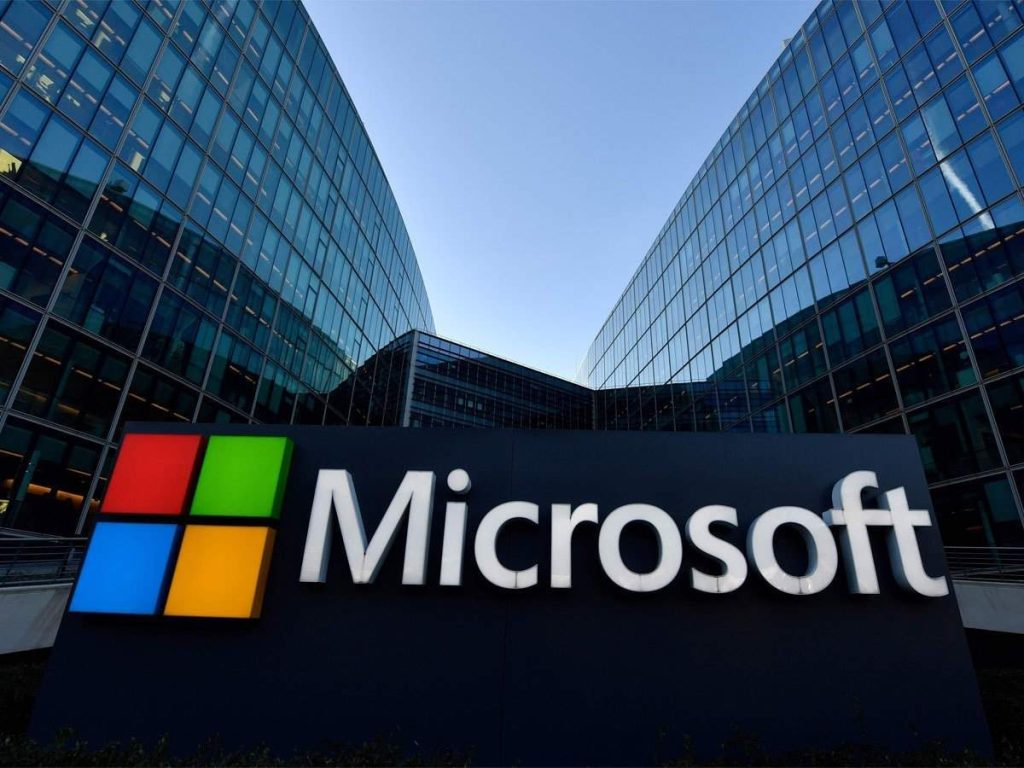Microsoft is reportedly in the process of developing a modern version of Windows that promises to provide better security and faster updates. Dubbed as CorePC, the initiative aims to enable Windows to scale efficiently for various devices, while still supporting legacy apps. The platform will employ “state separation” by breaking down Windows into multiple partitions, similar to iOS and Android, to ensure faster and more reliable system reset functionality, which is vital for competing devices in the education sector. This move could also make it difficult for malware to infect the system while speeding up updates.

Microsoft plans to offer different editions of Windows that support specific features and apps for different hardware types. For example, an education-focused version could have a light footprint like ChromeOS and only run the Edge browser, web apps, Office, and emulated Android apps. On the other hand, CorePC could also offer fully-fledged versions of Windows that support all the current features and capabilities of the modern Windows 11 desktop. Furthermore, Microsoft is reportedly working on a version of CorePC to rival Apple Silicon, enhancing the operating system’s performance and capabilities when tied to specific hardware.
In addition, Microsoft intends to incorporate AI into CorePC to analyze on-screen content and provide appropriate contextual cues. This system-wide extension of AI capabilities could revolutionize the way people interact with the platform. Microsoft plans to use CorePC for the next major version of Windows, scheduled for 2024. Although the company’s alleged plans could change between now and then, the development of CorePC appears to be a promising initiative that could bring significant advancements to the Windows ecosystem.
RELATED:
- Microsoft Set to Disappoint Users with Windows 12 Hardware Requirements
- Microsoft Releases Security Update to Fix Screenshot Vulnerability
- Best UltraWide Gaming Monitors 2023
(Via)







